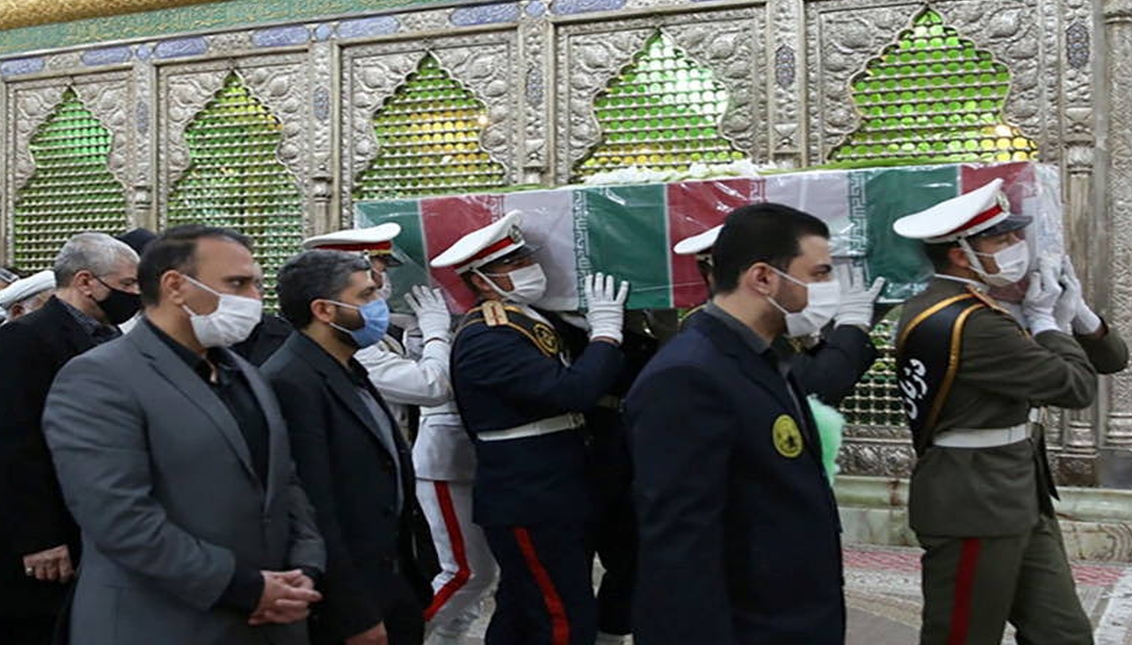
The unknown of remote-controlled machine guns and a military operation in Iran
On Nov. 27, a mysterious military operation in Iran took the life of its top nuclear scientist, and presents a new challenge for Joe Biden to avoid escalation.
There are at least three different versions of the assassination of Iran's top nuclear scientist, Mohsen Fakhrizadeh, all involving a remote-controlled machine gun, and no one is taking responsibility for the military operation. What is clear is that the killing of Iran's former top nuclear scientist on Nov. 27 in eastern Tehran was part of a high-profile operation.
CNN reported the contradictory news from Fars News and ISNA (Iranian Student News Agency). Fars reported a three-minute attack where Fakhrizadeh went out to inspect after a few initial shots, only to be hit by a remote-controlled machine gun firing from a Nissan 150 meters. The Nissan would then blow up. In the ISNA version, which paraphrased the Iranian defense minister, the car Fakhrizadeh was riding in was directly hit by the remote-controlled machine gun until it exploded, followed by more shots.
While Iran mourned the death of its scientist, much like the assassination of Colonel Qassem Soleimani, who was killed by American drones, the accusations began flying in the geopolitical arena over the tactical action. The big players in the European Union described the act as "criminal" and then called for order to prevent an escalation of any conflict. American military sources for the Washington Post assured that it is Israel that is behind the attack.
RELATED CONTENT
Fakhrizadeh was a 62-year-old physics professor who directed the Amad Plan, the scientific program that produced nuclear bombs for Iran until 2003. The country's president, Hassan Rouhani, blamed Israel for the attack and affirmed that the assassination would have been directed "by the dirty hands of the oppressors, in agreement with the illegitimate Zionist regime.” Supreme spiritual leader Ali Khamenei claimed on Twitter that Fakhrizadeh had been "martyred by brutal mercenaries.”
So far, representatives from Israel have refused to comment on any speculation surrounding their involvement.
What does seem much clearer than the deployment of the operation itself is that the dates were specifically planned. All of it fits within a plan set by the Trump administration and Israel's Benjamin Netanyahu against Iran, intensified by the coming change to U.S. leadership. The assassination of Fakhrizadeh should be added the murder of Soleimani, and other economic sanctions leveled against Iran.
Joe Biden will inherit a tense relationship with Iran that will force him to take a long path of international diplomacy to avoid escalation. Recently-appointed national security advisor Jake Sullivan warned that they consider it necessary for Tehran to begin to comply with obligations and agreements that they were violating. In this way, while waiting for the other to take the first steps, the situation becomes more acute with the death of a scientist whose murder has no clear answers.










LEAVE A COMMENT: